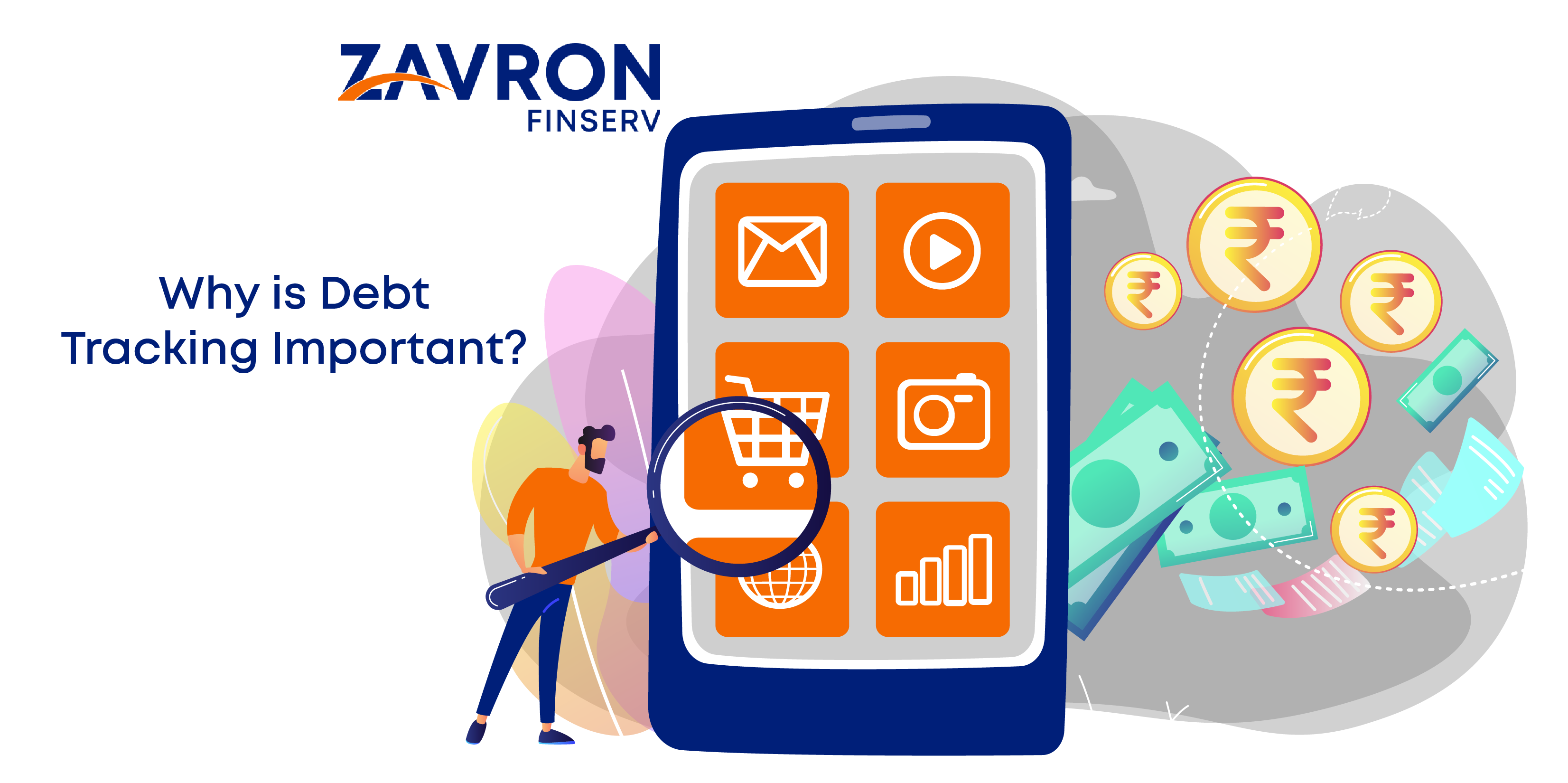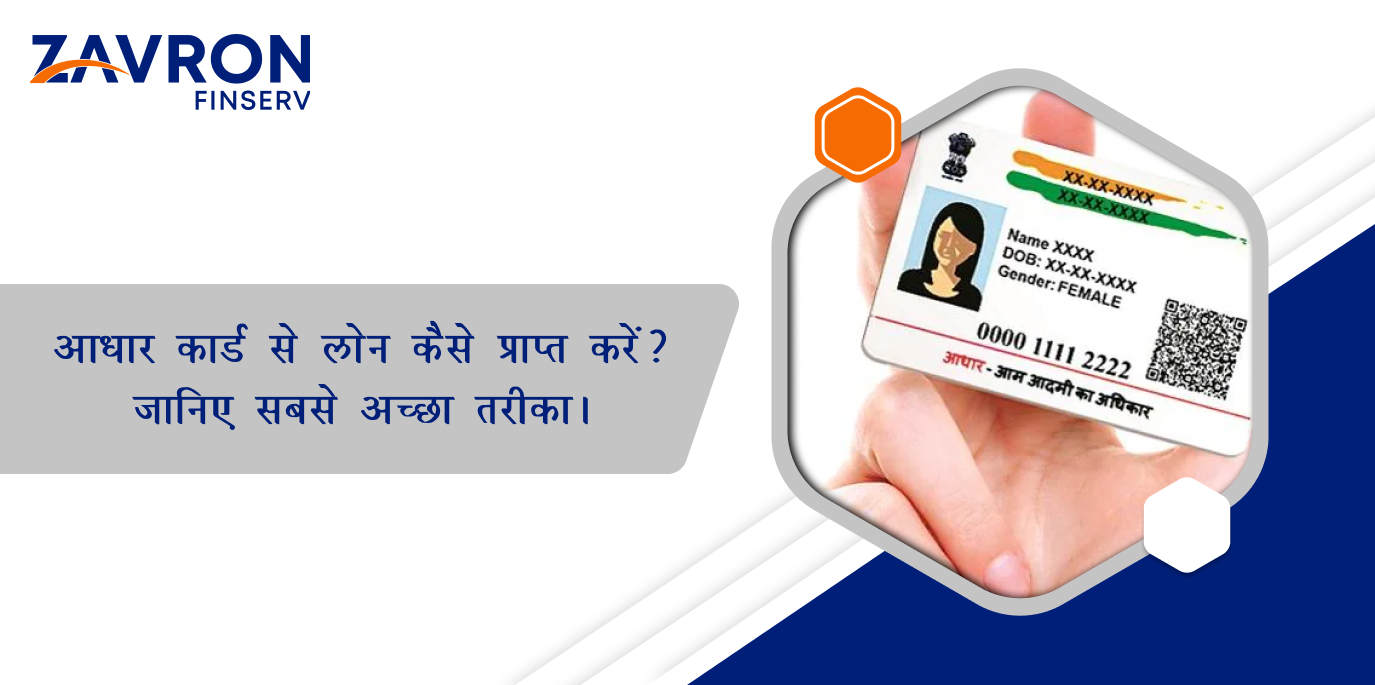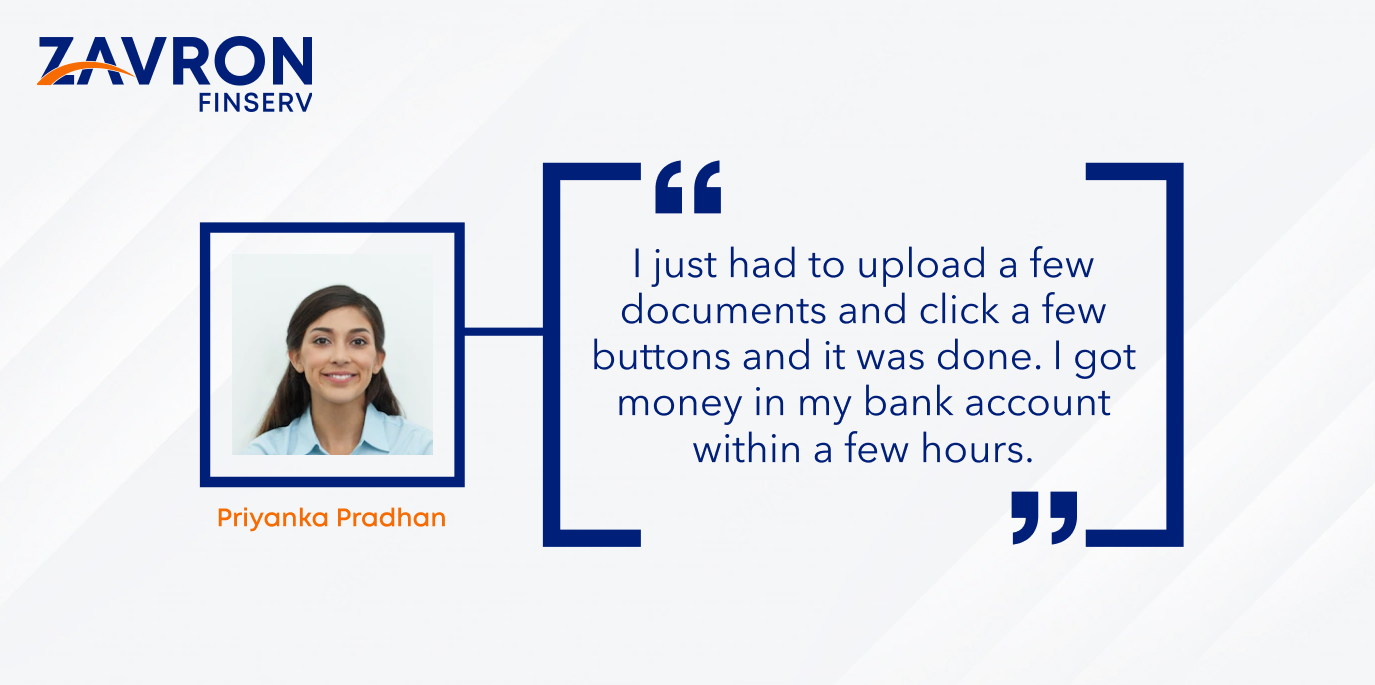
Feb 12, 2021 ●12 min read
Why is Debt Tracking Important? A guide to managing debts and maintain your financial health
Whether you are running a company, a household, or managing your personal finances, it is important to track your financial data and track the income, debts, and other finances. It helps you in determining your revenue systems, bill payments, and cash flows. A debt tracker can be anything from a simple notebook, a spreadsheet, a calculator, or an app; all you need is for learning exactly what you’re dealing with and what would be future plans.
In this article, we will talk about debt tracking and how a borrower can manage his/her debts to maintain their financial health if they have opted for either instant personal loan, secured loans, or unsecured loans. We will focus on why is debt tracking important and what should it be inclusive of.
Why is debt tracking important?
Debt tracking is important for all businesses and individuals irrespective of their profession and financial status. Here are few aspects that make debt tracking important.
Timely payments
When you are dealing with multiple loans at work or personal front for any transactions, it is important to detect bottlenecks in the whole payment process in order to make the loan repayment process smoother and streamlined. This helps in maintaining a healthy credit rating. Hence, making it easier to raise funds whenever necessary.
Focusing on budget
Keeping a track of finances and debts will surely affect the way you prioritize your budget. A debt tracking system in place will help you to make timely payments to creditors and ensure that the financial figures are accurate to keep you from overspending or falling into debt traps.
Tracking financial progress
Making a debt tracking and management plan will actually help you in meeting your financial goals. Following your expenses on an everyday basis will encourage you to see your improvement headed for your monetary objectives. It will help you stay motivated to meet your financial goals.
What should a debt tracker include?
When you are making a debt tracker, you must include the following pieces of information in it.
Name of the account and types of account
Debt trackers must include the names of your debt accounts, i.e., if you are a business, your lender names, contact details, must be jotted down. This will help you in determining whether your debts can be consolidated or if you wish to prioritize certain debts according to your preferences.
Interest rates, minimum payment, and balance
The debt accounts you are maintaining must have a record of the credit balance and money you owe. Along with it, the interest rates and minimum payment amount must be mentioned against the debt accounts.
Dates
The debt tracker must have a record of the due dates. This will help you in keeping a track of payments and will help in avoiding late or missed payments, thereby no extra charges will have to be paid.
How to manage and track debts by yourself? - Complete Guide
In order to make a full-proof debt tracking plan, you must follow the steps given below
Track your debts
As mentioned earlier, make a record of your debts, accounts, and the amount you owe to the lenders. Make sure to include credit card loans, auto loans, personal loans, bills, etc. along with the details including interest rates, payment due date, minimum amount, etc.
Create an action plan
Now that you have a complete record of your debts, make an action plan. Start off by paying the minimum dues and then decide on whether you wish to adopt the avalanche debt payoff method or snowball debt payoff method. In an avalanche debt pay-off method, you tend to pay off debts with the highest interest rates, whereas in the snowball debt pay-off method, you start by paying off the debts based on the balance due.
Before deciding on the methods, prioritize your debts and do the math along with repayment dates, and the amount you are willing to repay.
Cut down expenses and restrict more credits
This is definitely an important step. After careful evaluation of your income, and debts, review your expenditure and try to slash them to the necessities only. At the same time, do not add more loans to your accounts.
Prepare reports and monitor
Prepare monthly/weekly reports of your finances to keep a tab on your financial performance. Keep a check and update your tracker on a regular basis with the correct information. Along with this look for new income sources as well.
Make after debt plans
Since you will be on a journey to get financial independence, making after debt plans is an equally important step. Make a plan that should include your investment and saving goals as well. If you are in a business, make a goal to reach a certain amount for your business that can be used to increase the capital amount.
Debt tracking and planning finances is a long and challenging journey. It is important to keep a track of your financial health and actions at the end of the day.
FAQs
Q. 1 How do I keep a track of my debts?
Ans. To keep a track of your debts, you must adopt a system that must contain details of the creditors, amount you owe, interest rates, payment due date, minimum amount due, etc.
Q2. Which debt should I pay first?
Ans. Your financial health has a huge impact on debt repayment. You can choose to repay loans with the highest interest rates.
Q3. Is debt snowball a good idea?
Ans. It can certainly be motivating for you to get rid of credits and loans on your account. However, it might cost you money in the form of an increased interest rate.
Quick Links:
Urgent Business Loan | Used Car Loan | Marriage Loan | Home Renovation Loan | Medical Loan

LICENSED BY RBI
ZAVRON FINANCE PVT LTD
RBI License no.:- N-13.02268
CIN:- U67100MH2017PTC292183






